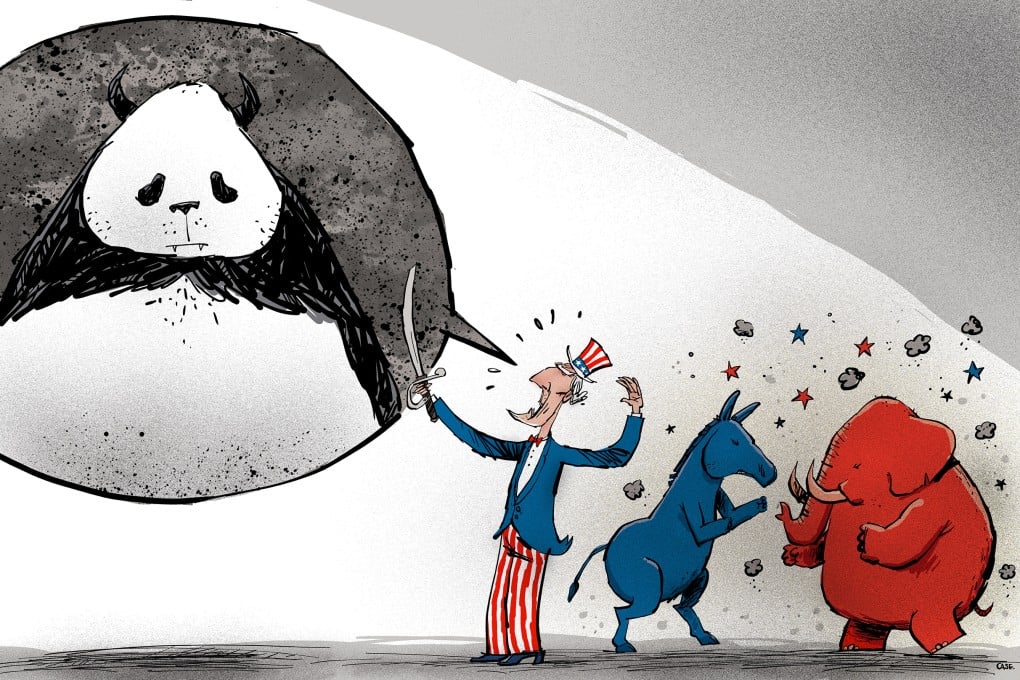Advertisement
Opinion | How Americans’ ‘good vs evil’ world view has divided the US and poisoned China relations
- The monotheistic world view behind the US cultural war also unites the nation in countering China’s rise and defending US hegemony
- Unless Americans step back from the brink, the US risks both a violent civil uprising and a dangerous reconfiguration of the world order
4-MIN READ4-MIN
29

The US is battling threats from within and without. Unless they can be freed from the Manichaean world view of good vs evil, Americans will face enormous difficulties coexisting peaceably with each other, and with China.
An exceptional superpower, the US is also afflicted with flaws peculiar to itself. The American obsession with firearms and inability to deal with gun violence has confounded the world. Every country faces the abortion dilemma but none has experienced the same social-political upheaval as in the US.
French philosopher-historian Alexis de Tocqueville, author of Democracy in America, once observed that, “there is no country in the world where the Christian religion retains a greater influence over the souls of men than in America”.
Advertisement
Indeed, the vow “In God We Trust” animates the US body polity, for better and for worst. The bitter dispute over abortion, for instance, is by all accounts a religion-induced cultural war.
From the 1960s, America undertook historic social-political reform, according civil rights to racial minorities and affirming sexual and gender equity, including the landmark Roe vs Wade ruling on abortion rights. But the liberal push for a progressive, big-tent America has strained the country’s social fabric, leading to the present-day conservative resistance.
The conservative-majority Supreme Court is purportedly resetting America’s moral compass. Michael Flynn, a former national security adviser to Donald Trump, has called for “one religion” in America, namely Christianity. The emergence of white Christian nationalism has led the Department of Homeland Security to issue a domestic terrorism alert, warning of possible civil unrest.
Advertisement
Select Voice
Select Speed
1.00x

